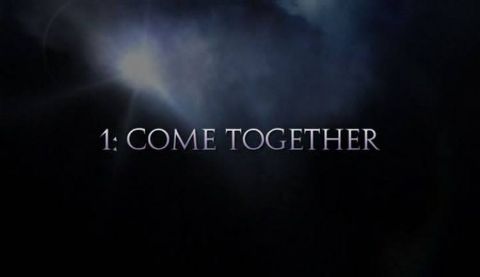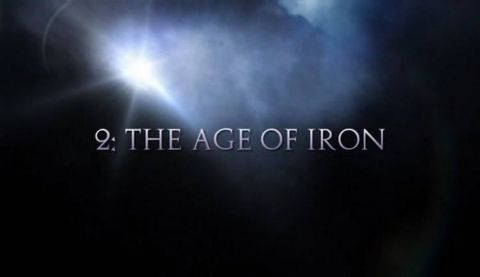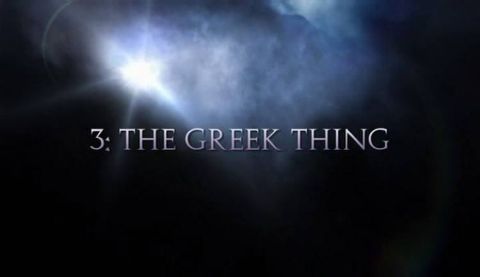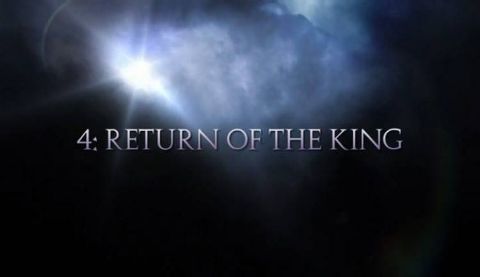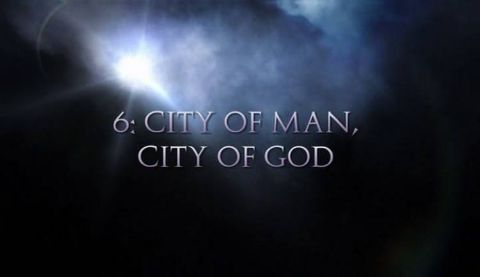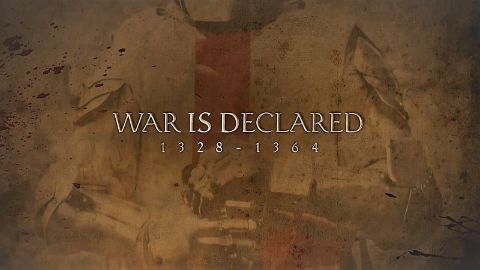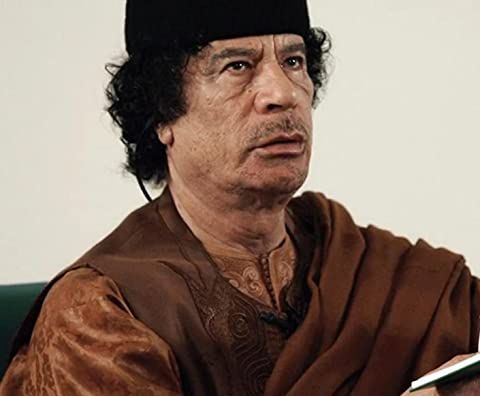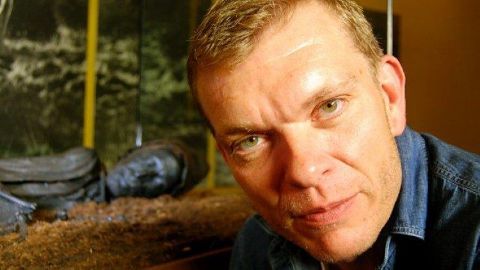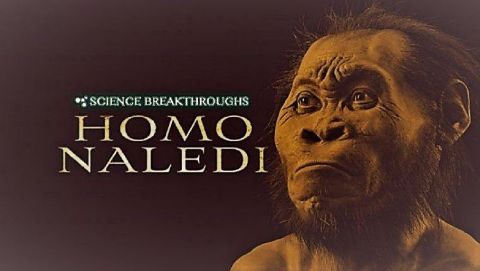Return of the King • 2010 • episode "S1E4" • Ancient Worlds
In Richard Miles's epic story of civilization, there have been plenty of examples of the great men of history, but none came close to the legend of Alexander of Macedon, known to us as 'the Great'. Uniting the fractious Greek city-states, he led them on a crusade against the old enemy, Persia, and in little more than a decade created an empire that stretched from Egypt in the west to Afghanistan in the east. But it was Alexander's successors, the Hellenistic Kings, who had to make sense of the legacy of this charismatic adventurer. By knuckling down to the hard graft of politics, taxation and public works, they created something far more enduring than a mere legend - they built a civilization. Richard traces Alexander's battle-scarred route through Turkey, Syria and Lebanon to Egypt and ultimately to the western Punjab, Pakistan, where he discovers fascinating traces of a city where Greek west and Buddhist east were united in an intriguing new way.
Make a donation
Buy a brother a hot coffee? Or a cold beer?
Hope you're finding these documentaries fascinating and eye-opening. It's just me, working hard behind the scenes to bring you this enriching content.
Running and maintaining a website like this takes time and resources. That's why I'm reaching out to you. If you appreciate what I do and would like to support my efforts, would you consider "buying me a coffee"?
Donation addresses
BTC: bc1q8ldskxh4x9qnddhcrgcun8rtvddeldm2a07r2v
ETH: 0x5CCAAA1afc5c5D814129d99277dDb5A979672116
With your donation through , you can show your appreciation and help me keep this project going. Every contribution, no matter how small, makes a significant impact. It goes directly towards covering server costs.
